From the Chicago Reader (April 2, 2004). This wonderful documentary, incidentally, is now available on the Criterion DVD of Pickpocket. One of its most fascinating paradoxes for me is that Mangolte, a friend, isn’t a religious person, but this documentary strikes me as profoundly spiritual; Lasalle’s home is even treated as a sacred shrine. — J.R.
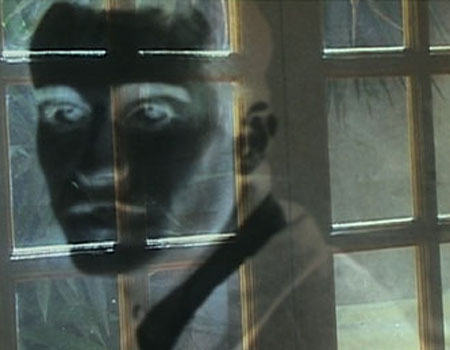
Les modèles de “Pickpocket”
***
Directed and written by Babette Mangolte
With Pierre Leymarie, Marika Green, and Martin Lasalle.
Not until he was in his late 90s did Robert Bresson get the recognition he deserved. He died in 1999 at the age of 98, living long enough to see his work affirmed by a retrospective the Toronto Cinematheque’s James Quandt organized that traveled around the world to full houses.
For years mainstream critics regarded Bresson as esoteric, pretentious, even something of a joke. “The chief fault is that the hero is a vacancy, not a character,” wrote Stanley Kauffmann in one of the more sympathetic reviews of Bresson’s 1959 Pickpocket, a free adaptation of Dostoyevsky’s Crime and Punishment. “Martin Lasalle, who plays the part, has a bony, sensitive face, but no deader pan has crossed the screen since Buster Keaton. The besetting fallacy of modern French films and novels is the belief that nullity equals malaise and/or profundity.” Read more
From the May 14, 2004 Chicago Reader. P.S. I once went to hear Cecil Taylor at a San Francisco club in the 1980s with Nathaniel Mackey (as well as Trinh T. Minh-ha and the late Bell Hooks).- J. R.
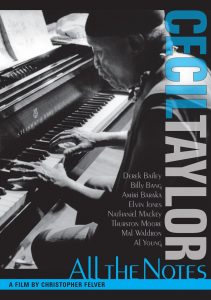
Any musician of Cecil Taylor’s caliber deserves sustained attention, but the jazz great doesn’t get it in this rambling assortment of alternating sound and music bites. Taylor is a nonstop pontificator of varying interest as well as a brilliant and virtuosic avant-garde pianist, but director Christopher Felver treats his music and his remarks as equally relevant, cutting between them — or away to still photographs — as if determined not to focus too long on any one thing. On piano Taylor employs an idiosyncratic technique, sometimes using his elbows as well as his fingers, and I’d hoped the camera angles would reveal this; apart from a brief shot behind the final credits, however, Felver shows almost everything except the keyboard. At least the other talking heads have things to say, including Elvin Jones, Amiri Baraka, Nathaniel Mackey, and Al Young. 71 min. (JR)
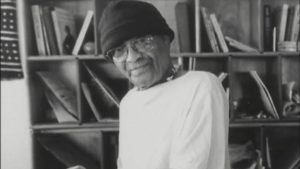 Read more
Read more
From The Guardian, August 27, 2004, where this appeared under the title “Independence Day”. — J.R.
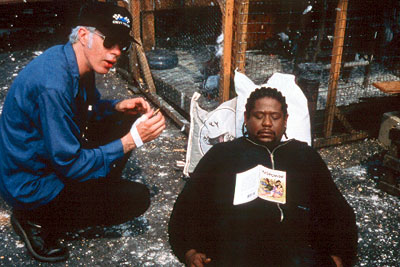
It’s an enduring and endearing paradox of Jim Jarmusch’s art as a writer-director that even though it may initially come across as a triumph of style over content, it arguably turns out to be a victory of content over style. The humanism of this mannerist winds up counting for more than all his stylistic tics, thus implying that his manner may simply be the shortest distance between two points.
Maybe it’s the ultimate paradox of minimalism: the less your work does and is, the more these things matter. In Jarmusch’s case, this partially means that the very notions of hipness and independence that originally defined his stylish filmmaking in the 80s — with Permanent Vacation (1980), Stranger Than Paradise (1984) Down by Law (1986), and Mystery Train (1989) — started working against his public profile in the 90s, especially once being outside the mainstream started being regarded with greater suspicion.
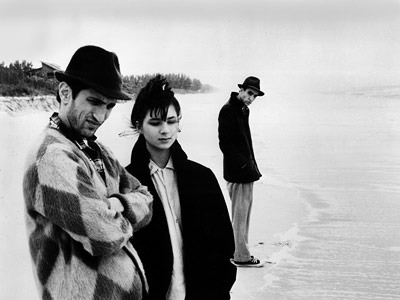
Furthermore, around the time of Jarmusch’s Night on Earth (1992), released the same year as Reservoir Dogs, hipness and independence as values within American culture had both become somewhat muddled and coarsened in the process of becoming mainstreamed. Read more





